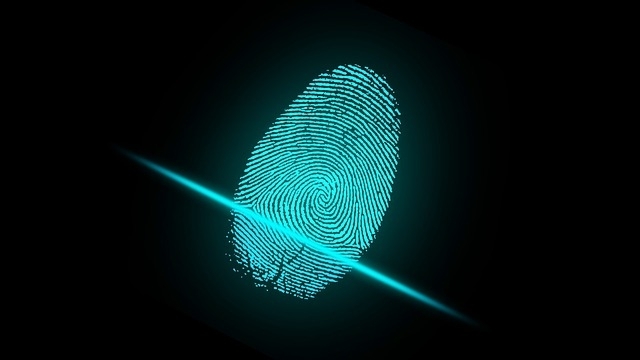


FAPESP has long supported the company that developed the system, which identifies people from small fragments of finger and palm prints. It passed a key certification test set by the US National Institute of Standards and Technology (imagem: Pixabay)
Published on 10/03/2022
FAPESP Innovative R&D* – Griaule, a Brazilian multinational that develops high-performance biometrics solutions and supplies forensic systems approved by the FBI and Pentagon, has passed a certification test called Evaluation of Latent Friction Ridge Technology (ELFT), meaning that the United States government approves its algorithms for identification of latents – fragments of fingerprints and palm prints collected at crime scenes and other significant events.
The ELFT seal of approval was awarded by the US National Institute of Standards and Technology (NIST), the world’s leading certifier of biometric technologies. The test showed that Griaule’s algorithms efficiently and effectively identify latents in large databases.
For João Weber, CEO of Griaule, winning the certification is one of the most important milestones in the firm’s 20-year history and strengthens its leadership in the global market for forensics technology.
“We’re the first company in the world to be tested and approved by NIST’s most rigorous and up-to-date evaluation of crime forensics technology,” he said. “This is the result of years of research and constant refinements to our technology.”
Griaule was founded in 2002 at the high-tech startup incubator run by the State University of Campinas (UNICAMP). In these two decades, the firm has invested heavily in research and development (R&D) and been recognized by FINEP, the Brazilian Innovation Agency operated by the Ministry for Science, Technology and Innovation, via the award of its prize for technological innovation by small enterprises in 2005.
Between 2004 and 2011, Griaule was supported by the FAPESP Innovative Research in Small Business Program (PIPE) via three projects: Improvement to the quality of recognition and availability (SpeedCluster) of Griaule’s AFIS; Digital detection and recognition of the human face; and Speech recognition: speaker verification.
With the success of its technology, the firm established subsidiaries in the US, Portugal and Mexico, and began supplying solutions to governments there. The Pentagon acquired its biometrics storage system to detect suspected terrorists in Iraq and Afghanistan.
Griaule has over 4,000 customers and was ranked by the Financial Times among the 500 fastest-growing companies in the Americas in 2021.
in Brazil, Griaule’s technology is currently used by law enforcement agencies in the states of Santa Catarina, Rio de Janeiro, Minas Gerais, Paraná and Rio Grande do Sul, performing 5,000 criminal record searches per month.
The system has been used in investigations of crimes spotlighted by the media, such as an attempted helicopter hijack in Rio de Janeiro to assist a would-be escapee from the Bangu prison complex. It was also successfully used in the investigation of a bank robbery in Criciúma, Santa Catarina. The robbers stole BRL 125 million. Thanks to the technology, 15 criminals were identified from fingerprints.
*With information from Griaule’s press office.
Source: https://agencia.fapesp.br/39738